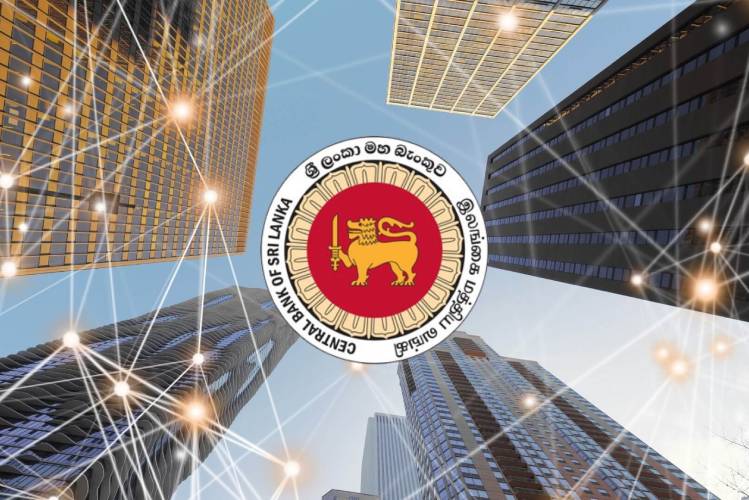Special benefit only if investments are held to maturity; any sale before maturity will incur penalty though enjoying same exchange rate at the time of buying
Minimum investment set at $ 25 m and maximum at $ 1 b
Any exchange loss due to depreciation will be set-off by Central Bank when transferring profits to Treasury
Foreign investments in Government securities were as high as $ 3.4 b in 2014 and by end-2019 they have dwindled to $ 400 m; by end-July figure was $ 69 m
Net foreign outflow of $ 515 m from the rupee-denominated Government securities market in first seven months of 2020; Recent weeks see return of foreign buying
The Cabinet of Ministers on Monday approved the proposal by the Finance Ministry to allow foreign exchange-risk-free investments into Government securities by non-residents subject to a few conditions.
Foreigners will be allowed to buy Government securities and also sell same at the exchange rate prevalent at the time of the former if held until maturity.
In the event of selling the Government securities prior to maturity the same exchange rate at the time of buying will be applicable but subject to a penalty.
This special facility is applicable only if there is foreign exchange inflow to the country and subject to a minimum investment of $ 25 million and a maximum of $ 1 billion.
In the case of depreciation of the exchange rate of the US Dollar against the Sri Lanka Rupee during the applicable period, the Central Bank will compensate the loss incurred when transferring its dividends to the Treasury in the future. This is because any loss that could be incurred to the Central Bank is considered as a cost to the Treasury.
The Finance Ministry proposal and its approval by the Cabinet of Ministers follows the Central Bank identifying the need to encourage investment into Government securities by non-residents.
Approval has been given to introduce US Dollars/Sri Lankan Rupee buying and selling exchange facilities for one or two years by the Monetary Board of the Central Bank. The new measures will also minimise the foreign exchange risk that occurs to licenced commercial banks.
Last week State Minister of Money and Capital Market and Public Enterprise Reforms Nivard Cabraal told an investor forum organised by Softlogic Stockbrokers that by end-2014, foreign investments in Government bonds were as high as $ 3.4 billion and by end-2019 they have dwindled to $ 400 million.
“So judging by the levels as at end 2014, there is space for foreign investments in Government securities market to go up,” Cabraal added.
By end-July total outstanding exposure of foreign investment in the rupee-denominated Government securities market remained low at $ 69 million according to Central Bank data.
In the first seven months of 2020, there had been a net foreign outflow of $ 515 million from the rupee-denominated Government securities market.
However in recent weeks foreign investors returned to the buying side. Foreign holdings of government securities had increased to Rs. 12.6 billion as of 16 September from Rs. 11.7 billion on 2 September.
(FT)

